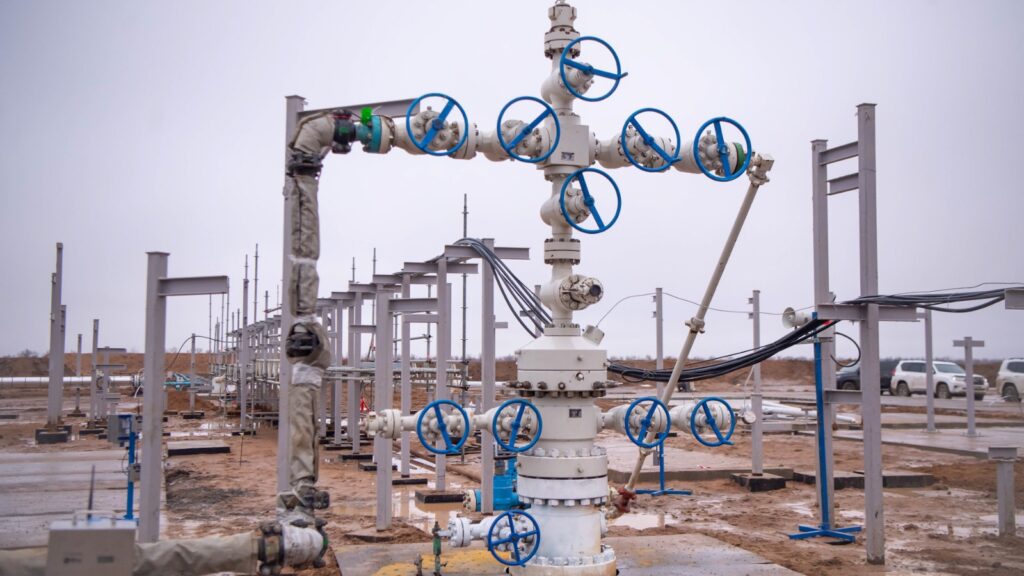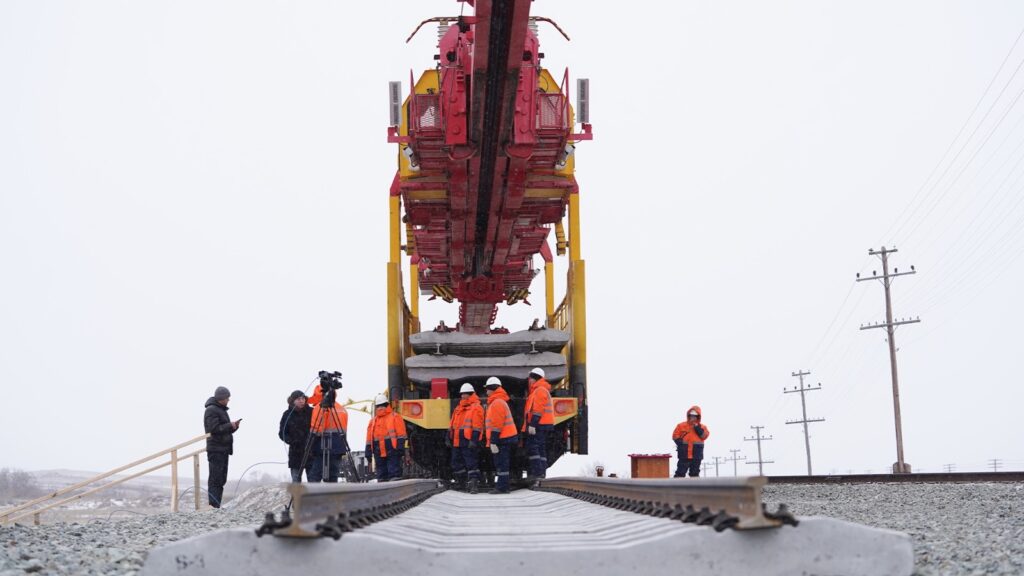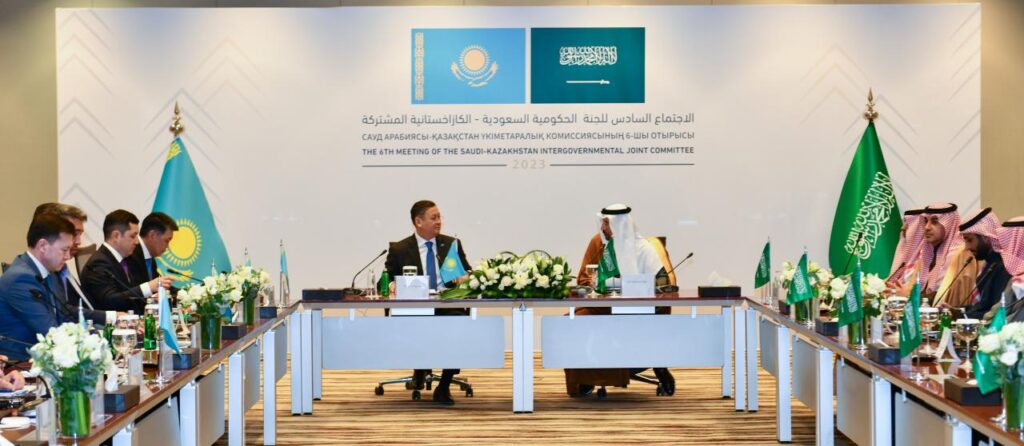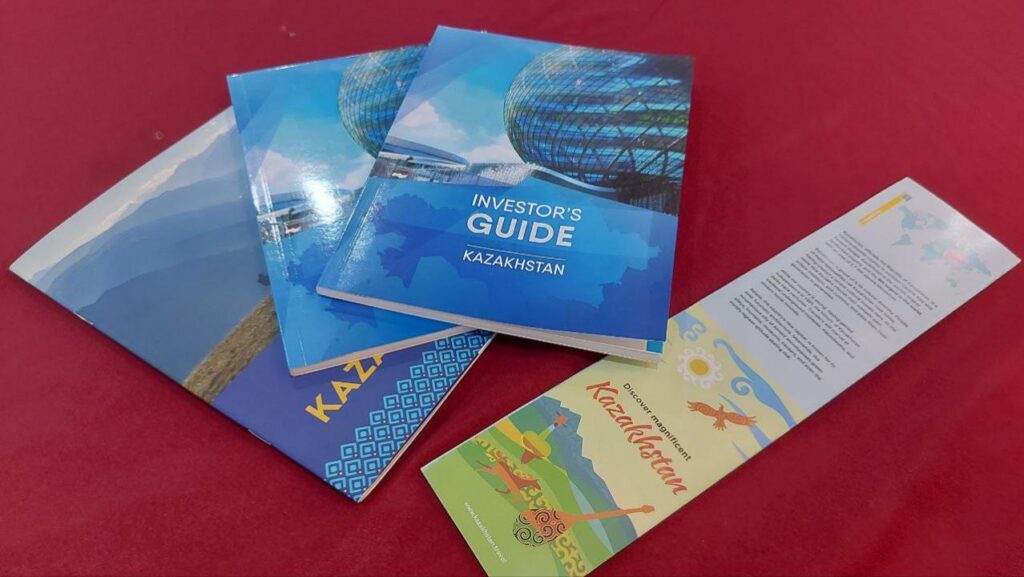How Will Free Trade Zone Between EAEU and Iran Affect Kazakhstan?
The free trade Agreement between the Eurasian Economic Union (EAEU) and Iran will ensure an increase in annual mutual trade to U$18-20 billion in the near future, Andrey Slepnev, a member of the Board for Trade of the Eurasian Economic Commission said during a briefing. The free trade agreement between the EAEU and Iran is scheduled to be adopted on December 25th 2023. “Iran is a large market, our neighbor, and a key country in the international North-South transport corridor,” said Slepnev. “We consider this new agreement as one of the elements of this corridor." Slepnev stated that currently trade between EAEU countries with Iran is carried out, among other things, within the framework of the interim agreement adopted in 2019, which covers about 360 commodity items. But even this has made it possible to double mutual trade in three years, from $2.5 billion to more than $5 billion, and in 2022 to bring it to $6.2 billion. “The conclusion of a full-scale agreement will allow us to double trade in a short time. The first target we are focusing on is $18-20 billion, which is quite realistic to achieve in the foreseeable future," said Slepnev, adding that implementation of the agreement will be carried out on the basis of the WTO. For this purpose, work will be carried out on the harmonization of regulations, since Iran is not a WTO member. In addition, the parties will strive to increase the volume and channels for making payments in their national currencies. “In Kazakhstan, we see prospects for the supply of traditional Kazakh products to Iran; first of all, wheat, barley, agri-food products, metals, and chemical products. This agreement will allow Kazakhstan to increase its presence in the Iranian market," he added. Slepnev stressed that the expansion of the EAEU trade partnership with third countries will make it possible to use and actively develop the transit and transport potential of EAEU countries. Trade with Iran naturally involves the use of the North-South corridor, and will also contribute to the communications in the East-West corridor, which runs through the countries of Central Asia and Russia. “The demand for these intercontinental transport corridors is constantly increasing in the context of international tension. Economically, we live in a time when the one who is faster wins, so our advantage is speed and convenience," Slepnev concluded.






